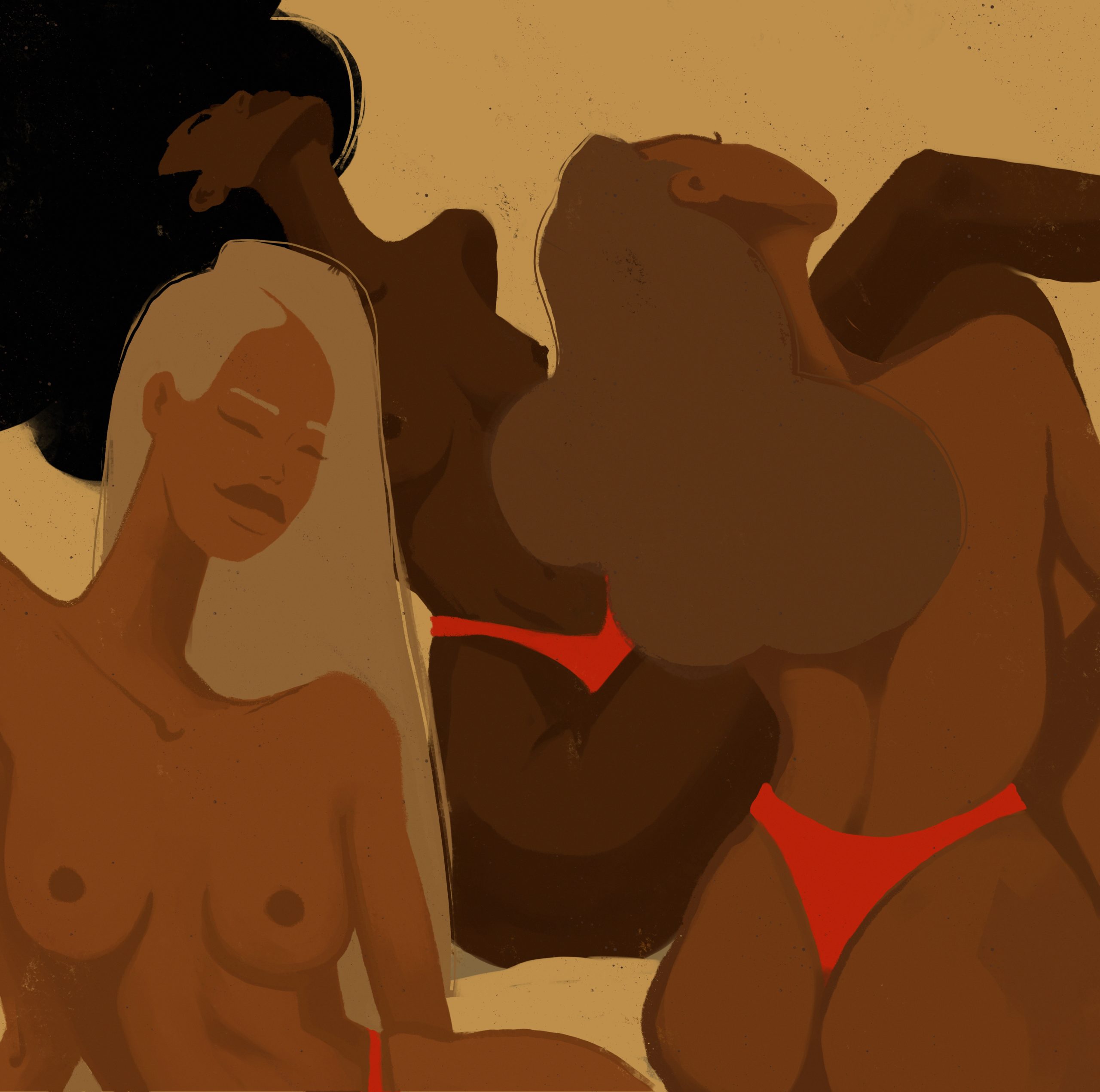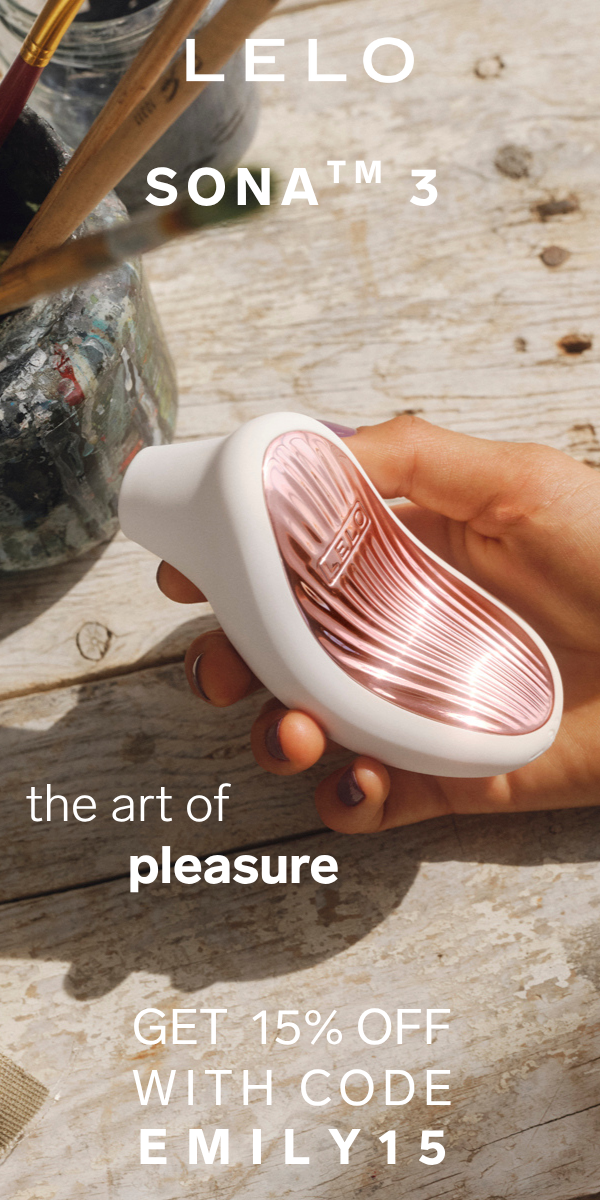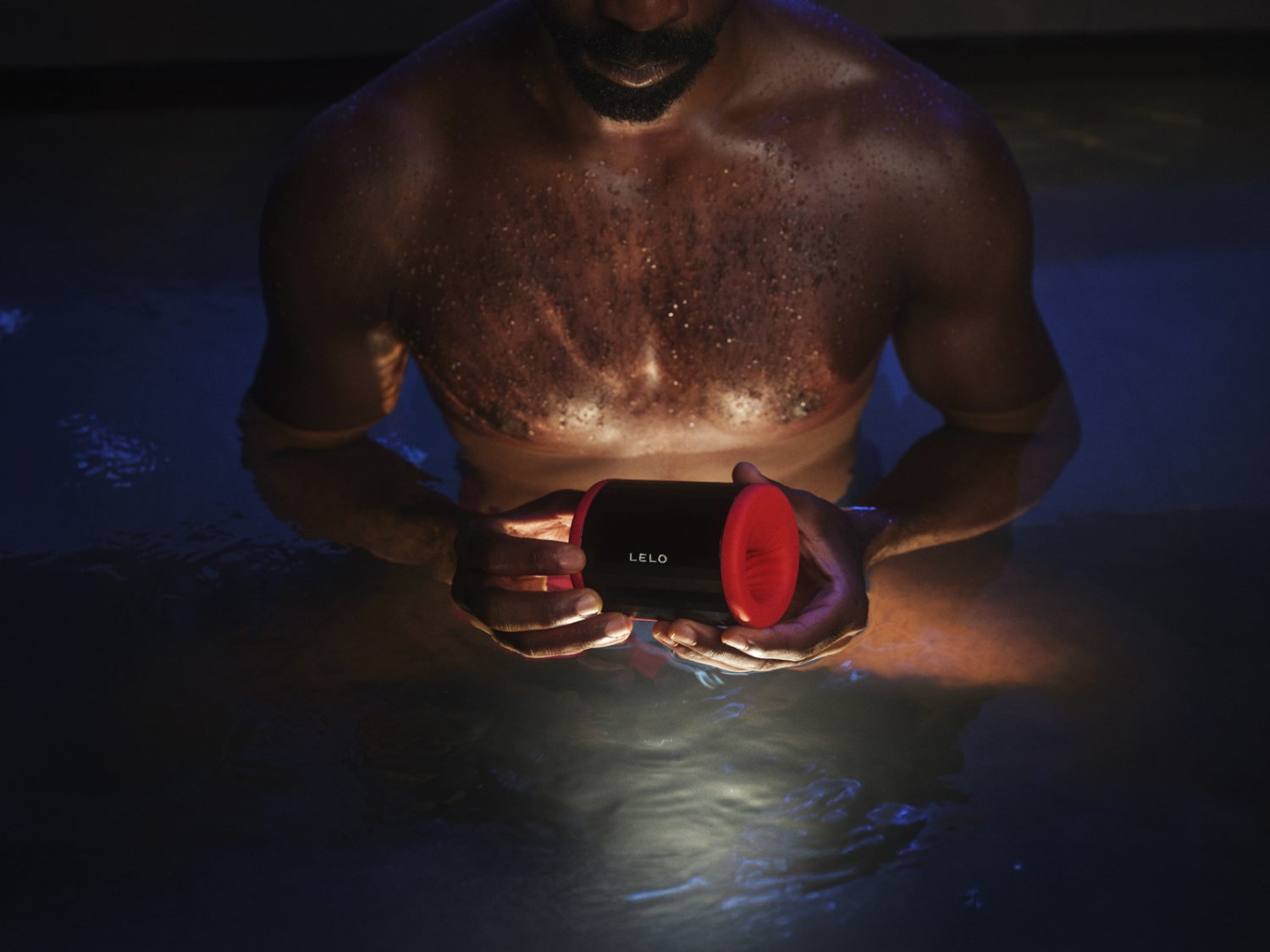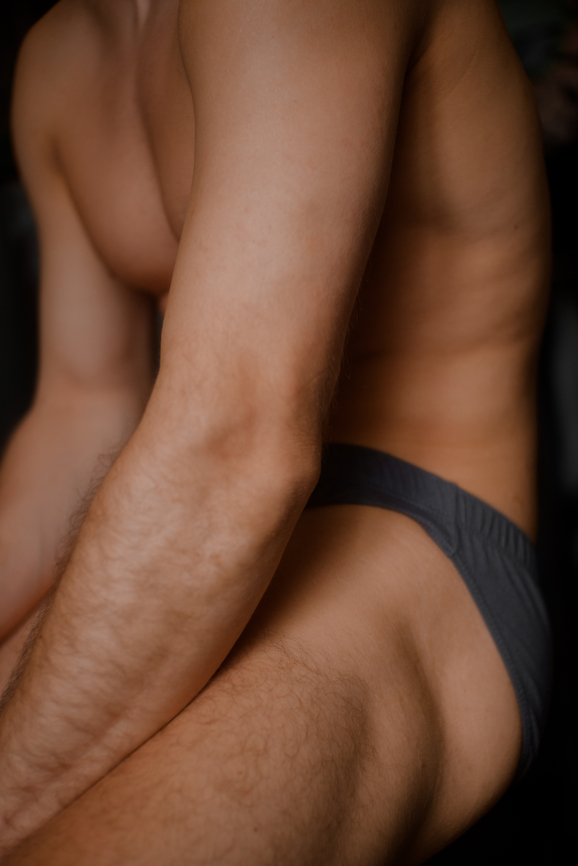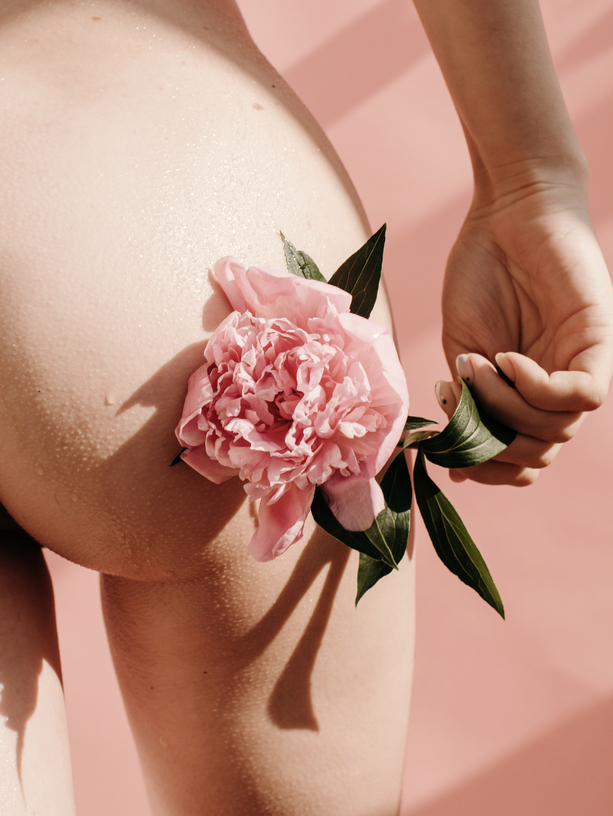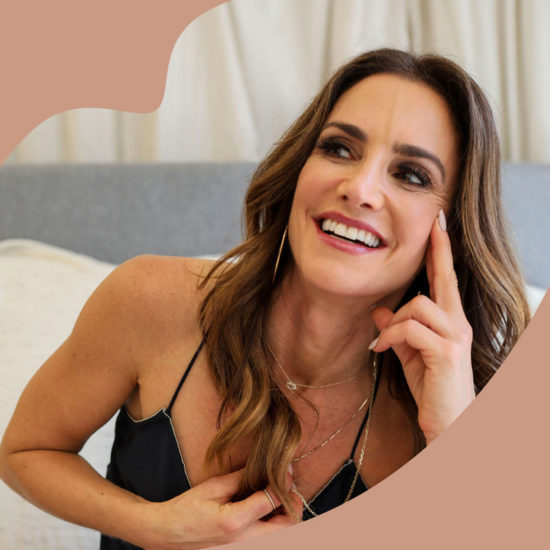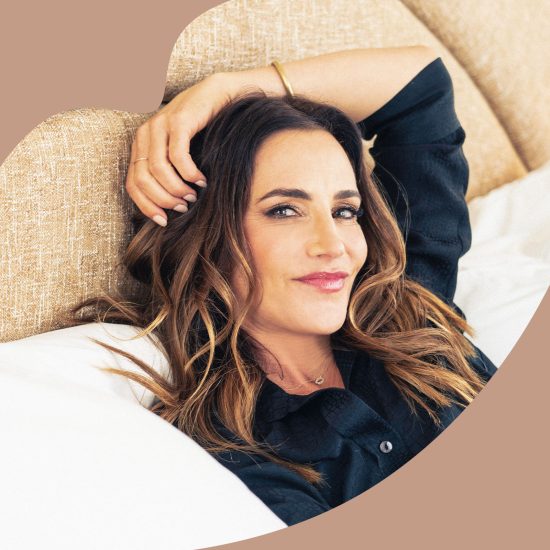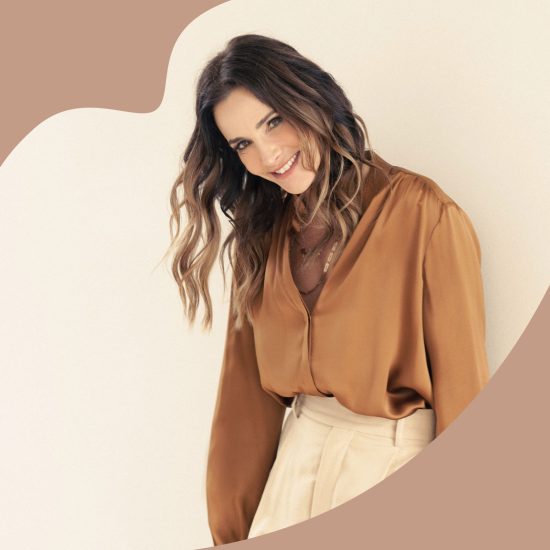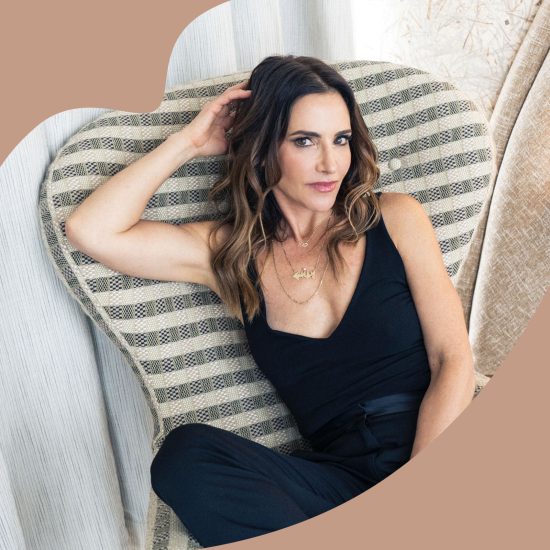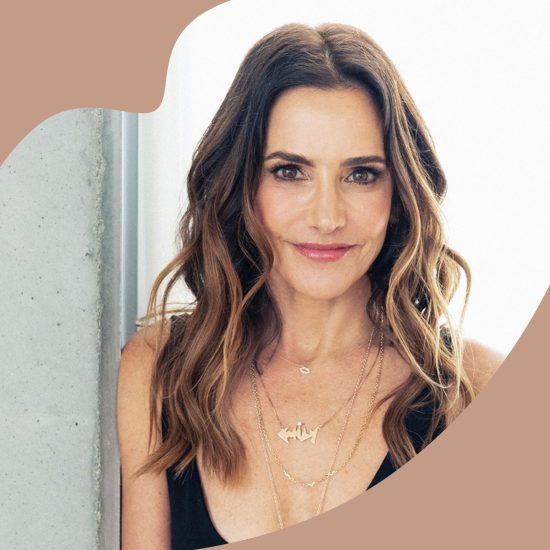Growing up I never received a formal sex education. I had conversations with my mom about my body, relationships, and sexual activity—but we never went much deeper than the surface. What I’ve learned since then though, is that Black sex education is different. Sex education for Black people needs to go so much deeper than the surface. And it matters.
If I had received an in-depth sex education, I think I would have been better prepared for adult life. Sex education for Black people does not look or feel the same as it does for others. Therefore, our sex education needs to cover more things specific to our experience. We need to learn about fetishization, the sexualization of Black bodies, racism within the medical field, and the importance of pleasure. We need to learn about confidence and self-love.
Unfortunately, this is just the tip of the iceberg of things that should be discussed but aren’t. I’d like to contribute to the conversation about Black sex by getting into these topics. I want to talk about the ways I’ve experienced this specificity in my life as a Black person, as well as how important it is that we teach and learn sex education for Black people.
I’m not here to satisfy your video vixen fetish.
I had no idea what fetishization was until after I graduated undergrad. I had, however, been told things like “I want to take that Black pussy” or “sit that fat, Black ass on my dick.”
At the time, I didn’t see anything wrong with this. I actually thought they were complimenting me in a roundabout way. When I entered the “real world” I learned what fetishization was. I saw how I was being viewed solely as this Black body part and not an entire human being deserving of respect. Sex education for Black people needs to discuss fetishization because it affects our self-esteem and self-respect.
Let black girls be black girls.
As a young child, I was told so often that I shouldn’t wear something because it was too revealing. There were things that made me look too sexy, or too grown, that my white friends could wear with no problem.
The sexualization of Black bodies starts at a young age and we carry that with us throughout our lives. It stems from the days of slavery in this country. Black women were viewed as jezebels, Black men as bulls, and both were threatening to white people. The objectification with which our bodies were viewed is evident even in today’s society. It is a concept that has become ingrained within our culture. Sex education can change the way we, as Black people, view sexualization and how we negatively perpetuate it.
Birth control isn’t one size fits all.
I have tried nearly every form of birth control, because I was not thoroughly educated about it. Birth control is such a huge part of sex education, but because of systemic racism and prejudice in the medical field, Black people are not always given the same options as others. Some doctors hold beliefs that poor, Black people shouldn’t continue having children. So they encourage LARCs (long-acting reversible contraception) rather than short term birth control options.
In the past, Black women were sterilized against their will, without consent, to keep them from having more children. Sex education will offer Black people the opportunity to learn all their options and make informed choices rather than being forced whatever their doctor feels is right.
Doctors should heal, not hurt.
The racism within the medical field extends further into childbirth. For Black people, childbirth led to high maternal mortality rates. There is this ridiculous notion among much of the medical community that Black people don’t feel pain. Either that or a Black person’s pain isn’t important. This notion leads doctors to disregard what pregnant Black people say during, and even after childbirth.
This disregard is life-threatening and incredibly important for Black people to be aware of. Until we get the information on how to better advocate for ourselves in a doctor’s office, we can’t protect ourselves. Sex education leads directly to reproductive justice. Doulas and midwives can be a viable option for many people having children and protects the lives of Black pregnant people and babies.
Black pleasure is important.
How many of us grew up with conversations around pleasure? I was lucky enough to have a mother and some family members that talked about self-pleasure, but not everyone has that—especially in lower-income communities where such a conversation is considered a luxury.
As Black people we need to explore pleasure. We need to explore it sexually, individually, as a group, and in every way possible. Sex education for Black people needs to express the importance of pleasure. We need to learn that it is okay to enjoy our bodies, enjoy our partners and not feel ashamed by sexual exploration and enjoyment. One of the greatest resources I have ever found for pleasure as a Black person is Afrosexology. I recommend any Black person wanting to focus on their pleasure and explore it more to look into Afrosexology.
Here’s how to get a better sex education.
Though there were some good parts of my personal sex education coming up, there were definitely missing pieces. Black sex educators can fill in those missing pieces and Black people need that. So take some time today to check out some Black sex educators like Dr. Tracie Q. Gilbert, Lexx Sex Doc, Joi Donaldson, and Mickie Woods and learn how your existence as a Black, sexual being is a powerful one!
–
Javay da BAE is a sex educator, content creator, writer, and comedian. She is also known as the Millennial Sexpert. Her sex education work focuses on comprehension and inclusion while being accessible. She specializes in LGBTQIA+ identities, STIs, pleasure, and kink/BDSM. Visit JavaydaBAE.com to see her work!

